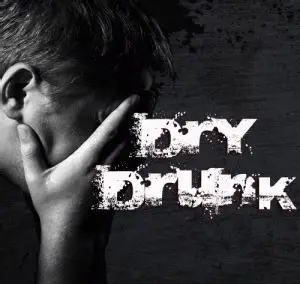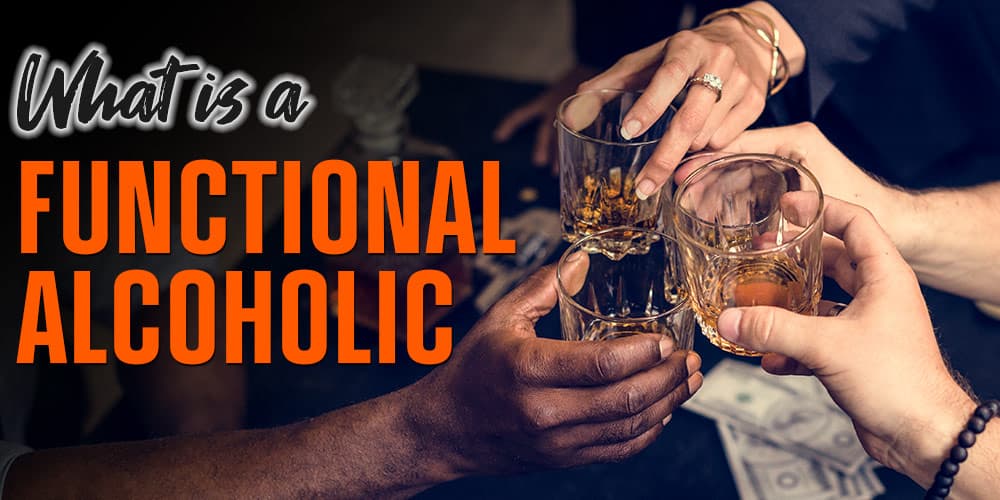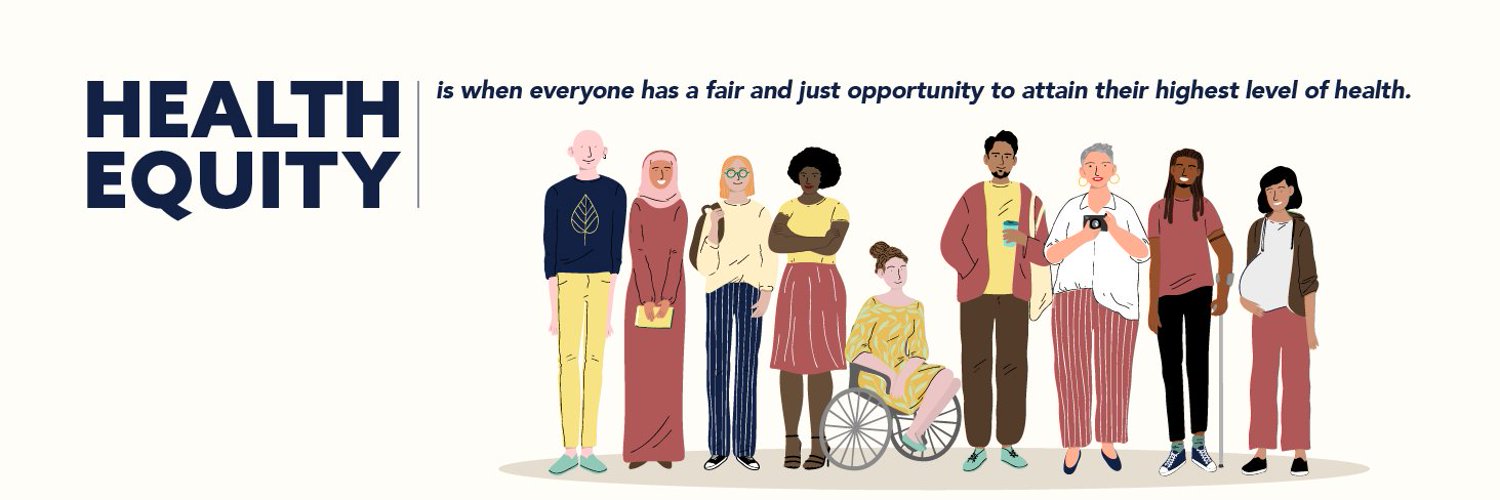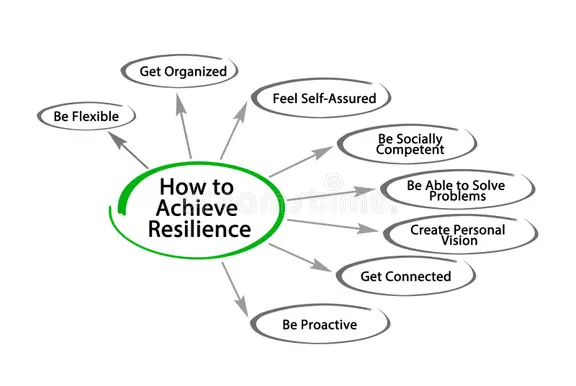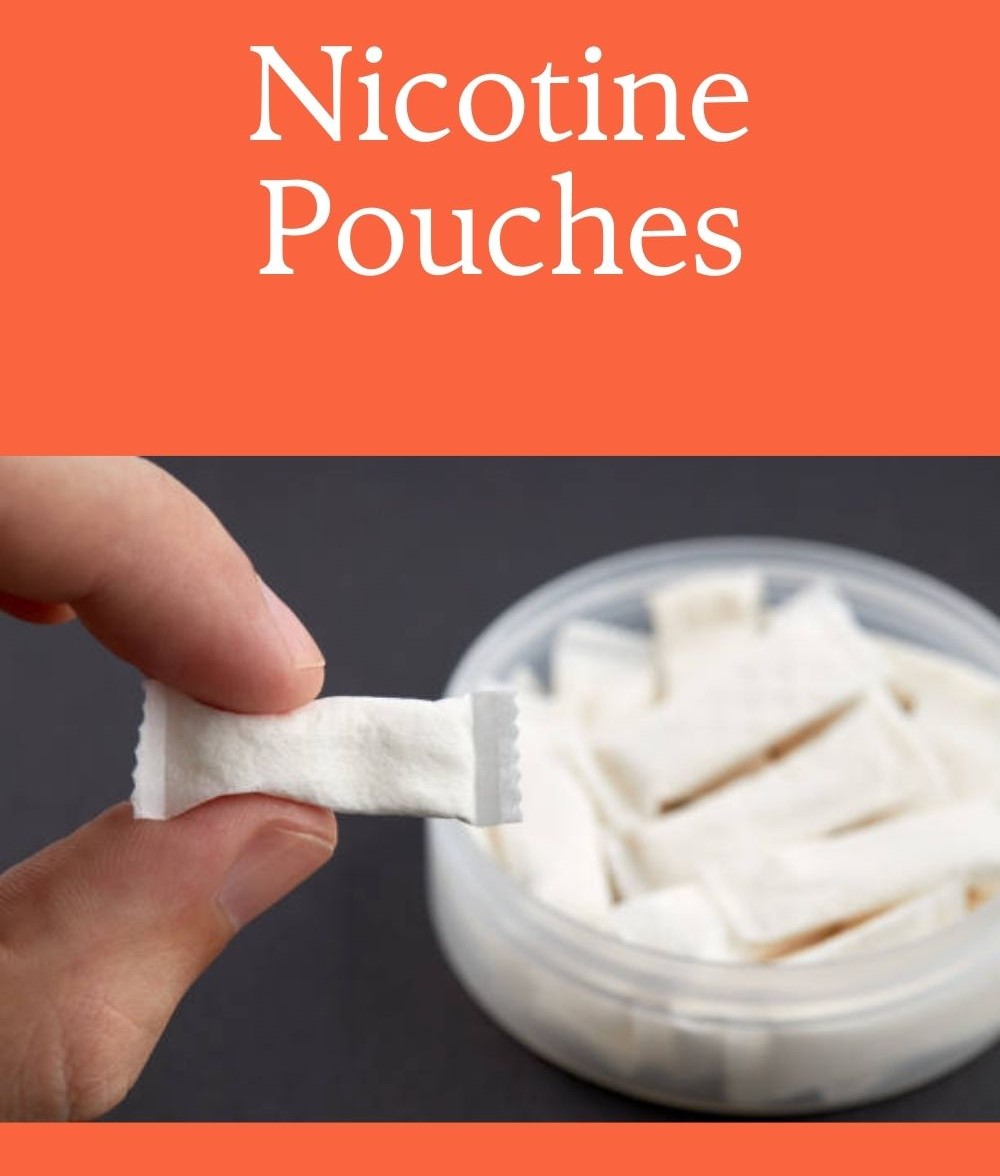Dry Drunk and Alcoholism
A dry drunk is someone who has stopped drinking but still displays the negative behaviors and mindset of active addiction, such as anger, denial, and emotional immaturity. In contrast, a functional alcoholic continues to drink while appearing to manage daily responsibilities, often hiding their dependence. While functional alcoholics need help stopping alcohol use through detox, … Read more
